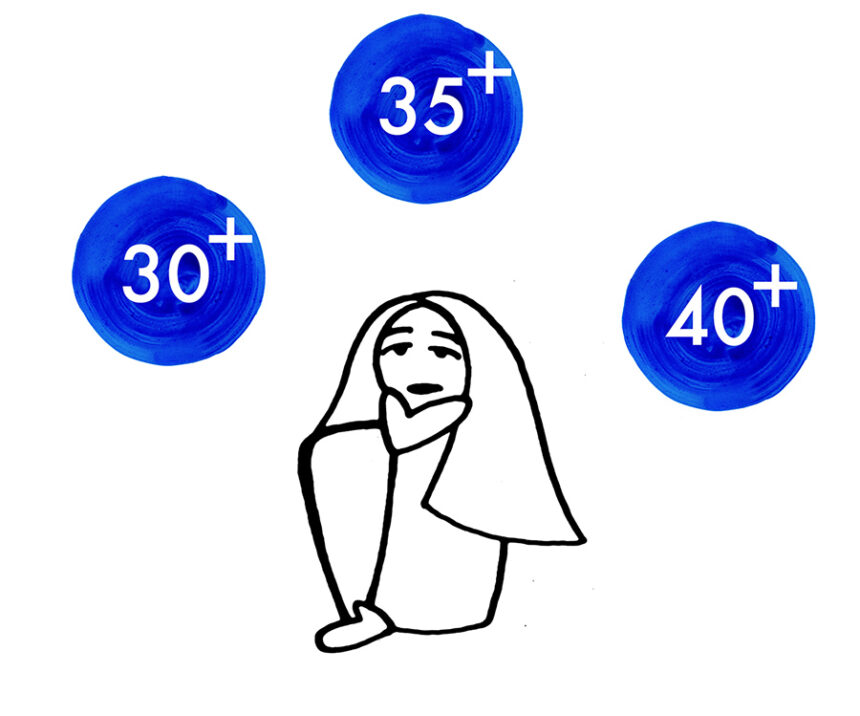
40, the new age to become a mom
According to a study carried out by INE (National Statistics Institute), in Spain, in this past year of 2020, 5,972 women aged 40 gave birth compared to 3,830 babies born to 25-year-old mothers. For a few years we have been seeing how the statistics are reversed: if in the past, the average age to become a mother was 25 years old, now as a result of labor and social changes, women delay their motherhood. The delay of maternity carries some benefits, without a doubt, such as: psychological maturity, in most cases the step can be given by greater economic, personal and work stability, etc. But as we already know, the mother´s age can also represent possible problems, such as the decrease in the chances of getting pregnant naturally, due to the quality and quantity of oocytes.
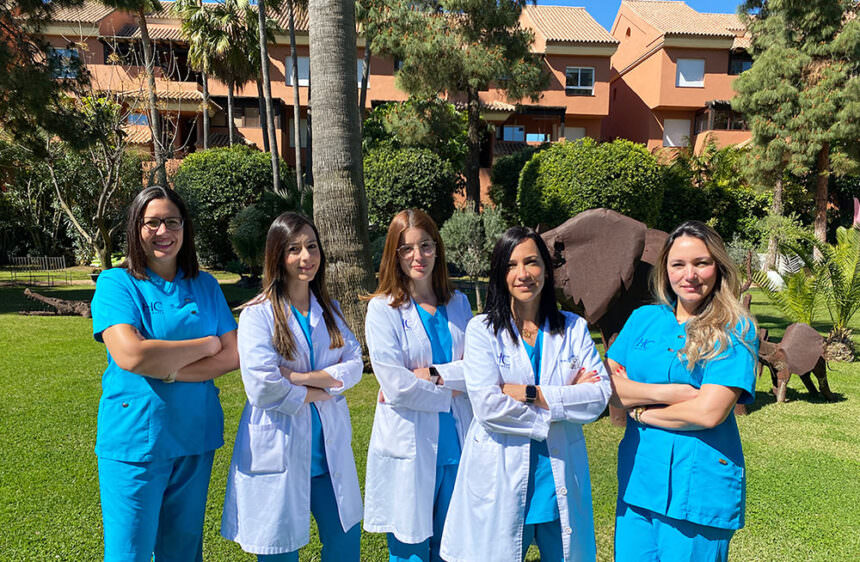
International Fertility Day
Unfortunately, infertility problems are increasing between our families and friends, according to data published by the SEF (Spanish Fertility Society). One in five Spanish couples is affected by infertility, and this rate will continue to rise to one in four couples in a couple of years (estimated data). Around 800,000 Spanish couples currently have fertility problems.
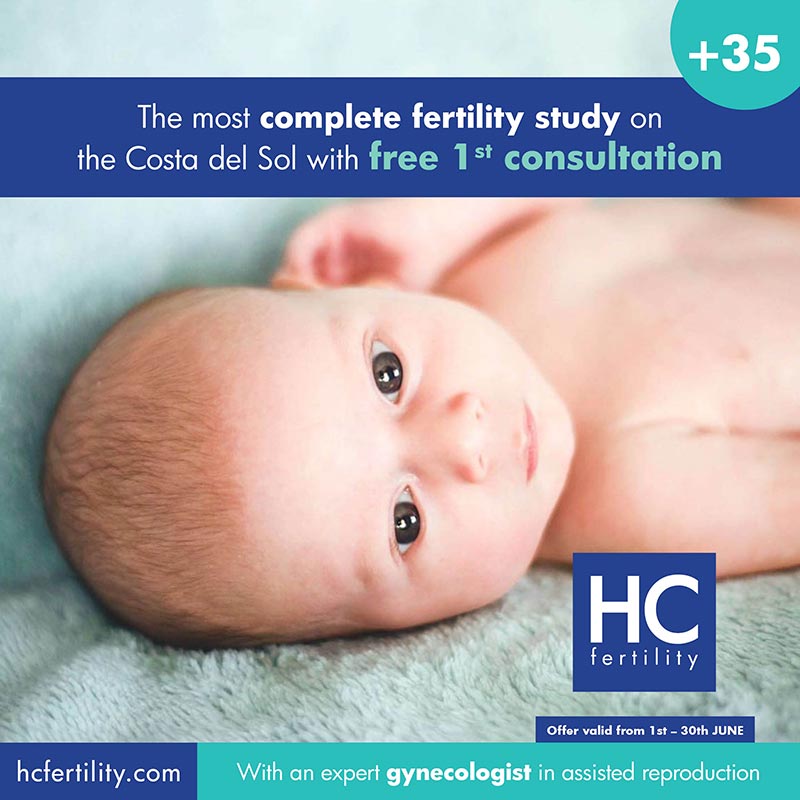
Your first fertility consultation at HC is free
You welcomed us, we welcome you: 1st free consultation EXTENTED throughout the month of June.
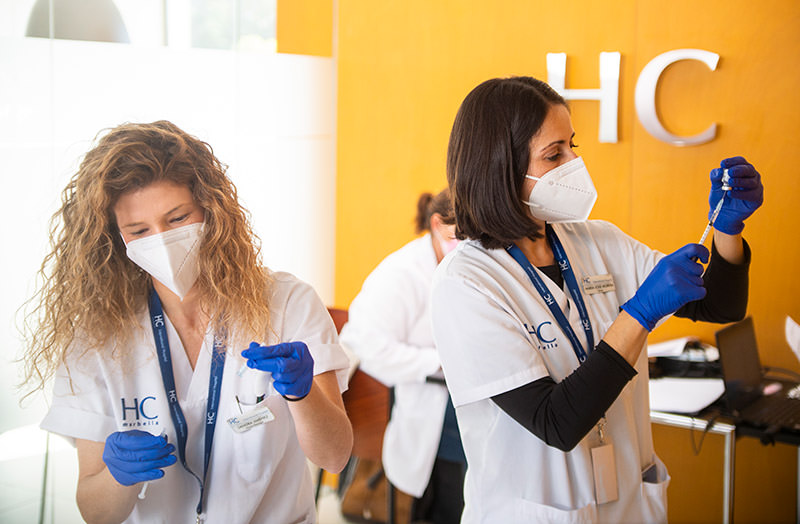
Pregnancy and COVID-19 vaccination
On 21st December 2020, the European Union authorised the use of the COVID vaccine. The use of this vaccine in women who are pregnant, breast feeding or planning a pregnancy generated much doubt and uncertainty. For this reason, our centre wanted to pass on the information available to us on the subject at this moment in time.
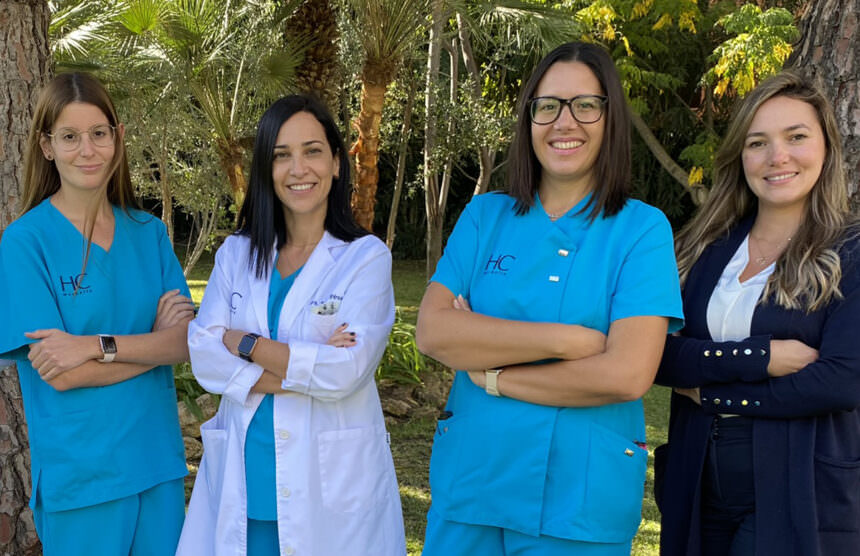
Dr. Arantxa Pérez Garrido joins HC Fertility
HC Fertility faces a new stage with the incorporation of Dr. Arantxa Pérez Garrido, a gynecologist specialized in assisted reproduction with a history of more than 15 years of experience in her medical specialty.
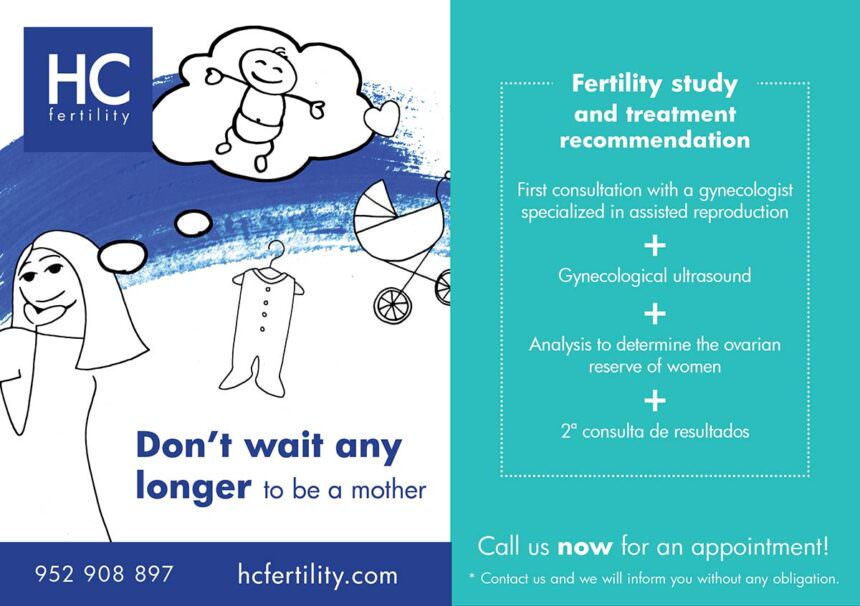
How can i find out how many eggs i have left?
Your most economical fertility check up! Fertility study and treatment recommendation, includes: First consultation with a Gynecologist specialized in assisted reproduction Gynecological ultrasound Analysis to determine the ovarian reserve of women (Anti-Müllerian Hormone) Free Second consultation to check the results and to have a treatment recommendation

Women around 38 years of age are at the limit to achieve a pregnancy using their own ovules
The age of the woman is one of the most important factors that determine the chances of achieving a pregnancy using her own eggs. Numerous published studies show us how the quantity and quality of the ovules decreases after the age of 35 and this means that women around 38 years of age are at the limit to achieve a pregnancy using their own ovules.
Men also have a biological clock
When it comes to having children, not only the mother’s age matters. The biological clock is ticking for them too. That is why it is important to preserve the fertility of man
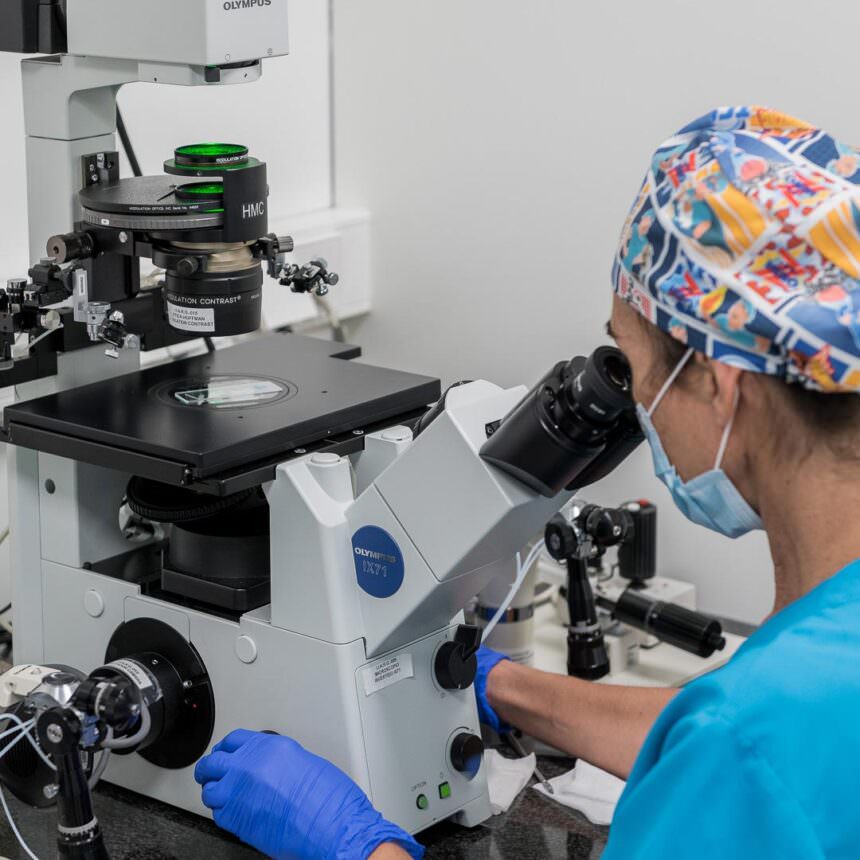
Being overweight worsens the prognosis for getting pregnant
Obesity is an imbalance in the balance between food intake and the use that our body gives them, to obtain the energy we need for proper functioning.
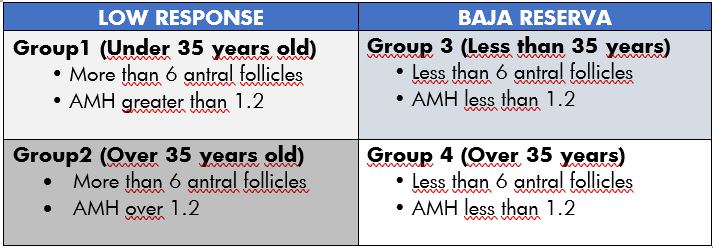
The low ovarian response
A few days ago, we were talking about the ¨Low Reserve¨ (few eggs); Today we will talk about ¨Low Response¨, often confused, even in medical literature, with the previous one, but with a different origin and treatment. The ¨Low Response¨ is that situation in which, having sufficient quantity of ovules available in the ovaries, but these do not respond adequately to the treatment; the end result is what makes this situation similar to the “Low Reserve”: few eggs available.
